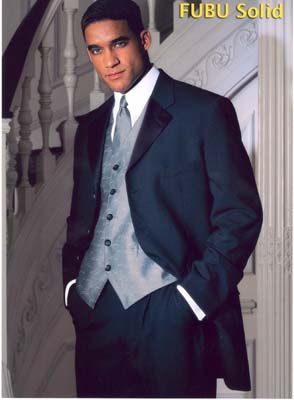2. Your Achievement Quotes
BALANCE
"I will love the light for it shows me the way, yet I will endure the darkness for it shows me the stars." -- Og Mandino
"You're never as good as everyone tells you when you win, and you're never as bad as they say when you lose." -- Lou Holtz
"To acquire balance means to achieve that happy medium between the minimum and the maximum that represents your optimum. The minimum is the least you can get by with. The maximum is the most you’re capable of. The optimum is the amount or degree of anything that is most favorable toward the ends you desire." -- Nido Qubein
"Be prepared to ride the cycles and trends of life; success is never permanent, and failure is never final." -- Brian Tracy
BASICS/FUNDAMENTALS
"Some things you have to do every day. Eating seven apples on Saturday night instead of one a day just isn't going to get the job done." -- Jim Rohn
"Morale and attitude are the fundamental ingredients to success." -- Bud Wilkinson
"It's good to have money and the things money can buy, but it's good, too, to check up once in a while and make sure that you haven't lost the things money can't buy." -- George Horace Lormier
"I long to accomplish a great and noble task, but it is my chief duty to accomplish small tasks as if they were great and noble." -- Helen Keller
BEING THE BEST
"The most splendid achievement of all is in the constant striving to surpass yourself and to be worthy of your own approval." -- Denis Waitley
"Successful people begin where failures leave off. Never settle for 'just getting the job done.' Excel!" -- Tom Hopkins
"If a man is called to be a street sweeper, he should sweep streets even as Michelangelo painted, or Beethoven composed music, or Shakespeare wrote poetry. He should sweep streets so well that all the hosts of heaven and earth will pause and say, here lived a great street sweeper who did his job well." -- Martin Luther King, Jr.
"Good is not good where better is expected." -- Thomas Fuller
"Life is too short to spend your precious time trying to convince a person who wants to live in gloom and doom otherwise. Give lifting that person your best shot, but don't hang around long enough for his or her bad attitude to pull you down. Instead, surround yourself with optimistic people." Zig Ziglar
BALANCE
"I will love the light for it shows me the way, yet I will endure the darkness for it shows me the stars." -- Og Mandino
"You're never as good as everyone tells you when you win, and you're never as bad as they say when you lose." -- Lou Holtz
"To acquire balance means to achieve that happy medium between the minimum and the maximum that represents your optimum. The minimum is the least you can get by with. The maximum is the most you’re capable of. The optimum is the amount or degree of anything that is most favorable toward the ends you desire." -- Nido Qubein
"Be prepared to ride the cycles and trends of life; success is never permanent, and failure is never final." -- Brian Tracy
BASICS/FUNDAMENTALS
"Some things you have to do every day. Eating seven apples on Saturday night instead of one a day just isn't going to get the job done." -- Jim Rohn
"Morale and attitude are the fundamental ingredients to success." -- Bud Wilkinson
"It's good to have money and the things money can buy, but it's good, too, to check up once in a while and make sure that you haven't lost the things money can't buy." -- George Horace Lormier
"I long to accomplish a great and noble task, but it is my chief duty to accomplish small tasks as if they were great and noble." -- Helen Keller
BEING THE BEST
"The most splendid achievement of all is in the constant striving to surpass yourself and to be worthy of your own approval." -- Denis Waitley
"Successful people begin where failures leave off. Never settle for 'just getting the job done.' Excel!" -- Tom Hopkins
"If a man is called to be a street sweeper, he should sweep streets even as Michelangelo painted, or Beethoven composed music, or Shakespeare wrote poetry. He should sweep streets so well that all the hosts of heaven and earth will pause and say, here lived a great street sweeper who did his job well." -- Martin Luther King, Jr.
"Good is not good where better is expected." -- Thomas Fuller
"Life is too short to spend your precious time trying to convince a person who wants to live in gloom and doom otherwise. Give lifting that person your best shot, but don't hang around long enough for his or her bad attitude to pull you down. Instead, surround yourself with optimistic people." Zig Ziglar



